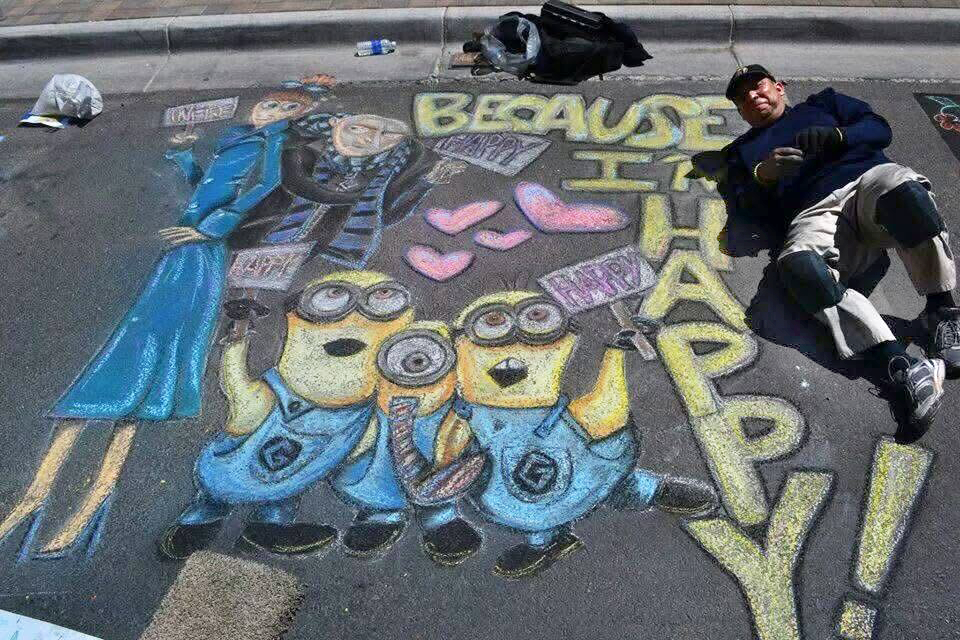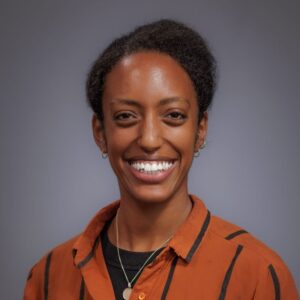What inspired you to join Project ECHO?
I was working for the public health department in southern New Mexico, and I heard about a prison training program. I was intrigued—because I used to work with a lot of incarcerated fathers when I was a social worker—so I asked to do some field visits.
When I saw how they were training, and I saw the peers’ reaction…inside my head, I said “that’s what I want to do one day.”
A year and a half later, I was offered a job with Project ECHO, but I had to move to Albuquerque from Las Cruces in just two weeks. I had just bought my house a few years earlier. But I picked up and left. I knew, inside my heart, it was going to lead to other things because of what I saw in the ECHO Model and all its potential.
I wanted to be a part of it.
How does your background prepare you for this role?
I led the prison project during my first five years or so at ECHO. It helped me learn the ECHO Model even more and learn what the needs were around the state. But I didn’t have a team. Dr. Karla Thornton, who was my supervisor at the time, had the idea that it was best to run it with peers. So, I went around the state looking for peer educators to hire. And that’s how the team is running it right now – all peer led.
I learned that I knew how to build teams, and I knew how to empower them to get things done and to work together — which was what that was all about, right? I always say that I implemented the ECHO Model within our team. It wasn’t only sharing with others how to use it, but we used it within our team.
When I was asked to oversee New Mexico programs, I had to rebuild the whole team. Within six months we had built the A-Team. We got approximately 25 new employees trained and working together. And we got the 40+ programs up to 60+ programs in New Mexico.
What’s one moment at ECHO you’re especially proud of?
The peer education project, that’s probably one of the things I’m most proud of, having been part of it and being able to collaborate and add my little portion to it.
I also helped bring the values-based work into the organization. I created the values artwork that you see at the entrance to the office.
What excites you most about the future of ECHO?
It’s exciting to be able to experiment with the model and see where else we can affect people’s lives. Of course, medicine is so important because if we’re not healthy, we can’t do anything, right? But there’s so many other things, like bringing cities together, bringing communities together to develop better systems to help each other.
What do you enjoy outside of work?
Weekly dates with my wife are at the very top of the list. Saturdays we go on a date. We love the cinema, so Saturday mornings we will wake up late, go to the movies, go have breakfast for lunch. The other thing I love is drawing.
To learn more about Saúl Hernández, MA, find him on LinkedIn or email us.
Featured Image: Hernández participates in a street chalk art contest in Las Cruces, NM, in April 2013.


